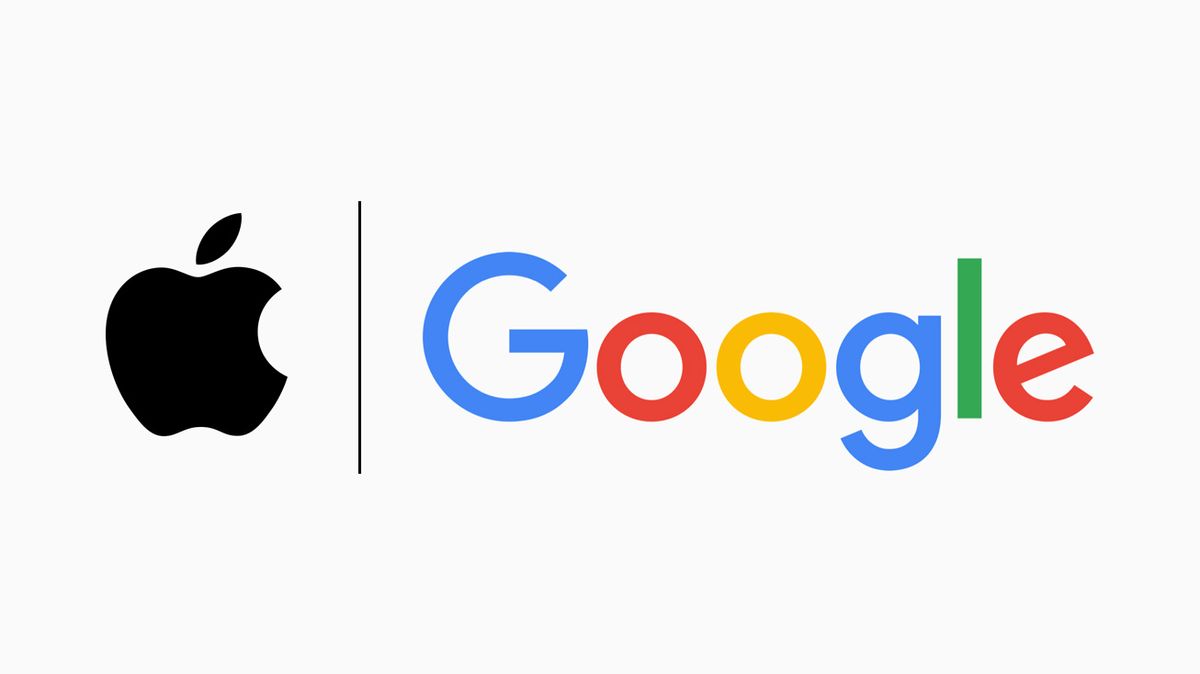Meta has blamed macroeconomic pressures for its first year-on-year quarterly revenue decline and offered investors a gloomy outlook for the coming months as advertisers pull back on spending.
Meta, formerly known as Facebook, said on Wednesday that revenues for the April-June period were $28.82bn, down 1 per cent on the same period in 2021. Analysts had expected revenue of $28.92bn, according to consensus data compiled by FactSet.
Speaking to investors, chief executive Mark Zuckerberg painted a bleak picture for the remainder of 2022. “We seem to have entered an economic downturn that will have a broad impact on the digital advertising business,” he said.
“And it’s always hard to predict how deep or how long these cycles will be. But I’d say that the situation seems worse than it did a quarter ago.”
As with several of its Big Tech peers, Meta said foreign currency exchange pressure had also weighed on its earnings, particularly the weakness of the euro against the dollar. Without the currency headwinds, the company said, revenue would have risen 3 per cent year on year.
The average price per ad fell 14 per cent in the period compared with last year. Speaking to investors, outgoing chief operating officer Sheryl Sandberg said the company was still in the “early” stages of figuring out how to counteract the impact of Apple’s recent privacy changes, which put tighter controls on the amount of data gathered on users for the sake of ad targeting.
Meta’s results matched a trend of poor performance among the big players in online advertising — the business model that underpins much of the internet economy.
Snapchat-owner Snap’s shares plummeted about 25 per cent last week after its earnings missed analysts targets, saying advertisers were slashing budgets. Advertising revenues at Twitter contracted 1 per cent in the second quarter, when Wall Street had been expecting 11 per cent growth.
The largest online ads player, Google parent Alphabet, on Tuesday blamed a pullback in ad spend after revenues from its video sharing site YouTube fell short of expectations. Overall revenue at Alphabet is growing at its slowest pace in two years. However, shares in the search group rose 8 per cent on Wednesday, with its performance generally better than analysts had feared.
Meta’s net income fell to $6.69bn from $10.39bn last year. Wall Street had been expecting a profit of about $7bn. Total costs and expenses increased 22 per cent. Despite announcing a hiring slowdown, headcount was up 32 per cent year on year, and Zuckerberg said he would delegate downsizing decisions to individual team leaders.
The company said it expected revenue for the current quarter to land between $26bn and $28.5bn, lower than the $30.4bn analysts had been anticipating, according to figures from S&P Capital IQ.
“This outlook reflects a continuation of the weak advertising demand environment we experienced throughout the second quarter, which we believe is being driven by broader macroeconomic uncertainty,” said chief financial officer David Wehner.
Shares in Meta were down about 3 per cent in after-hours trading.
Zuckerberg used the earnings announcement to detail more on the succession plan for Sandberg, who is set to leave the company this autumn. Wehner, a 10-year Meta veteran, will take up a newly created role of chief strategy officer. Susan Li, who has been at the company for 14 years, will be promoted from vice-president of finance to become chief financial officer.
When Sandberg joined the company in 2008, its user base was approximately 100mn. Today, among Meta’s “family” of apps, which includes WhatsApp and Instagram, monthly active users stand at 3.65bn, up 4 per cent year on year. Daily active users stood at 2.88bn.
Those figures are being closely watched as the company contends with backlash over recent changes to some of its products, in particular its efforts to push users into consuming Reels, its new short-form video product designed to compete with the fast-growing TikTok.
Meta said Reels was operating at a rate of $1bn in revenue annually, but the transition has met considerable friction. The Instagram app recently changed to prioritise more video, often from accounts a user does not follow, or from advertisers.
On Wednesday, Zuckerberg signalled that the company would stick with that strategy across its apps.
“About 15 per cent of content in a person’s Facebook feed, and a little more than that of their Instagram feed is recommended by our AI,” he said. “We expect these numbers to more than double by the end of next year.”
Among the many critics of the shift was celebrity Kim Kardashian, who posted a story to the platform urging the company to “make Instagram Instagram again”. With more than 320mn followers, Kardashian is one of the app’s most prominent figures.
Her dissent, which was echoed by her half-sister, Kylie Jenner, prompted a response from Adam Mosseri, Instagram’s chief executive. He told users that he believed video was going to become Instagram’s focus. “The world is changing quickly and we’re going to have to change along with it,” he said.





















Discussion about this post